British city bans diesel cars
Bristol will become the first UK city to drive polluting vehicles from its streets
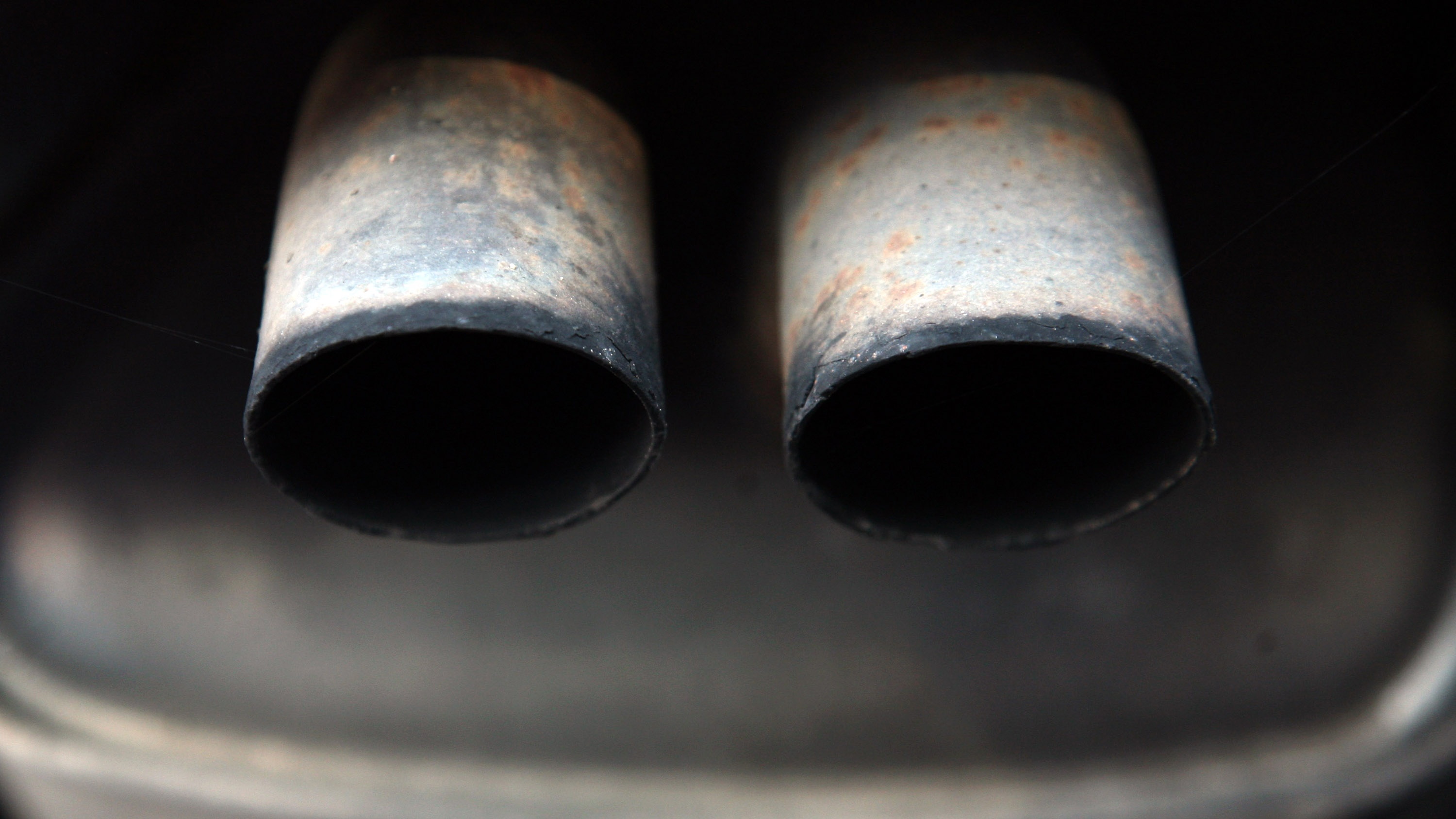
A free daily email with the biggest news stories of the day – and the best features from TheWeek.com
You are now subscribed
Your newsletter sign-up was successful
Bristol will become the first British city to ban diesel cars in a bid to cut pollution.
Bristol City Council made the decision on Tuesday to introduce a total ban on privately owned diesel cars from entering the city centre during daytime hours. The scheme is due to start in 2021, pending government approval.
Mayor Marvin Rees said there is a “moral, ecological and legal duty” to reduce pollution. “A city is like a big Rubik’s Cube - you move one thing, other things come out of kilter. That’s why we take the time to think about it and begin to take action,” The Independent reports.
The Week
Escape your echo chamber. Get the facts behind the news, plus analysis from multiple perspectives.

Sign up for The Week's Free Newsletters
From our morning news briefing to a weekly Good News Newsletter, get the best of The Week delivered directly to your inbox.
From our morning news briefing to a weekly Good News Newsletter, get the best of The Week delivered directly to your inbox.
Bristol is one of several UK cities suffering from poor air quality, particularly from high levels of nitrogen dioxide (NO2).
Its council is under a legal obligation to reduce air pollution, with an emphasis on lowering toxic NO2 levels, as soon as possible.
Bristol is one of 36 out of 43 local authorities in England and Wales where toxic air breaches legal limits, and it has twice missed government deadlines for providing details of a clean air zone, says the BBC.
The new diesel ban will form part of an attempt to bring Bristol’s air pollution to within legal limits by 2025.
A free daily email with the biggest news stories of the day – and the best features from TheWeek.com
The ban zone in Bristol includes part of the M32, the old city, Redcliffe, Spike Island, the Harbourside and part of Hotwells, says The Guardian.
Privately owned diesel cars will be banned between 7am and 3pm, and commercial vehicles will have to pay to enter the zone, with the exception of taxis. Other vehicles will be fined if they go into the area.
Vans will pay £9 a day and HGV operators must fork out £100 per day - and they will also be required to pay this fee to enter a wider “Clean Air Zone” that extends further outside the city centre.
A number plate recognition system - similar to the one used for London’s congestion charge - will be used to enforce the ban.
Air pollution causes 40,000 deaths per year in the UK, with an estimated 23,500 early deaths every year a result of NO2 pollution.
-
 5 blacked out cartoons about the Epstein file redactions
5 blacked out cartoons about the Epstein file redactionsCartoons Artists take on hidden identities, a censored presidential seal, and more
-
 How Democrats are turning DOJ lemons into partisan lemonade
How Democrats are turning DOJ lemons into partisan lemonadeTODAY’S BIG QUESTION As the Trump administration continues to try — and fail — at indicting its political enemies, Democratic lawmakers have begun seizing the moment for themselves
-
 ICE’s new targets post-Minnesota retreat
ICE’s new targets post-Minnesota retreatIn the Spotlight Several cities are reportedly on ICE’s list for immigration crackdowns
-
 The environmental cost of GLP-1s
The environmental cost of GLP-1sThe explainer Producing the drugs is a dirty process
-
 ‘Like a gas chamber’: the air pollution throttling Delhi
‘Like a gas chamber’: the air pollution throttling DelhiUnder The Radar Indian capital has tried cloud seeding to address the crisis, which has seen schools closed and outdoor events suspended
-
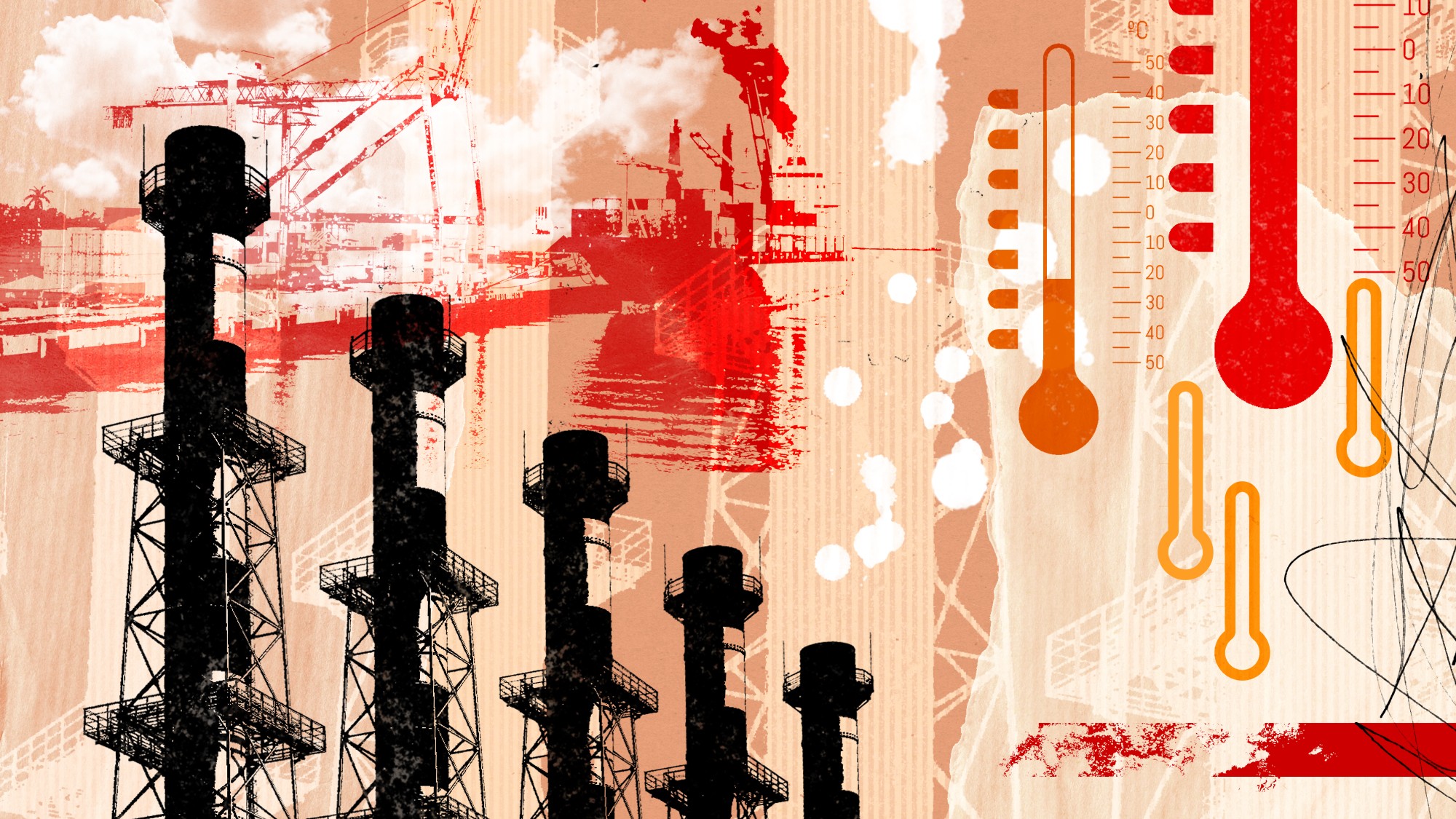 How clean-air efforts may have exacerbated global warming
How clean-air efforts may have exacerbated global warmingUnder the Radar Air pollution artificially cooled the Earth, ‘masking’ extent of temperature increase
-
 Why is the world so divided over plastics?
Why is the world so divided over plastics?Today's Big Question UN negotiations on first global plastic treaty are at stake, as fossil fuel companies, petrostates and plastic industry work to resist a legal cap on production
-
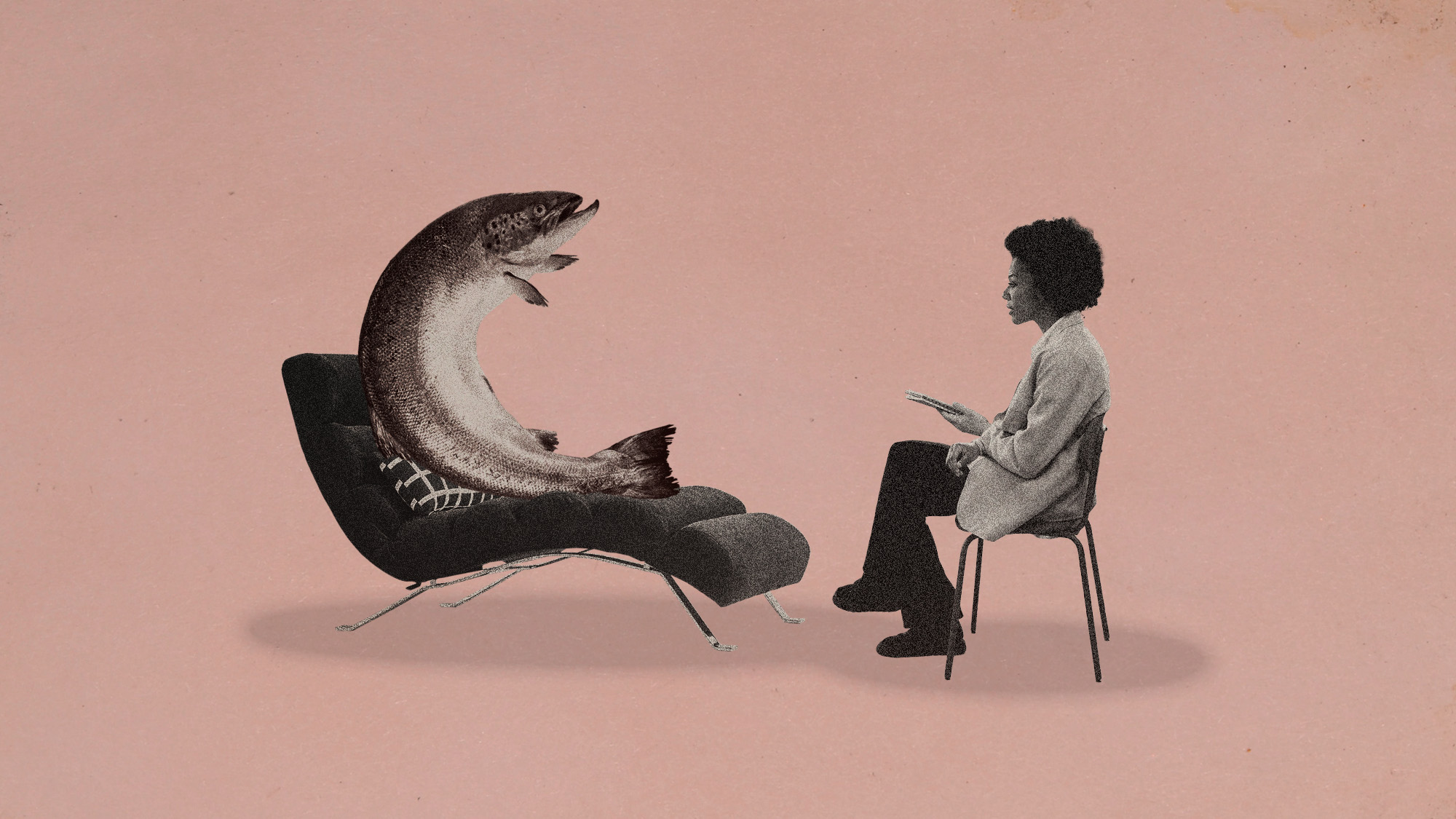 Anti-anxiety drug has a not-too-surprising effect on fish
Anti-anxiety drug has a not-too-surprising effect on fishUnder the radar The fish act bolder and take more risks
-
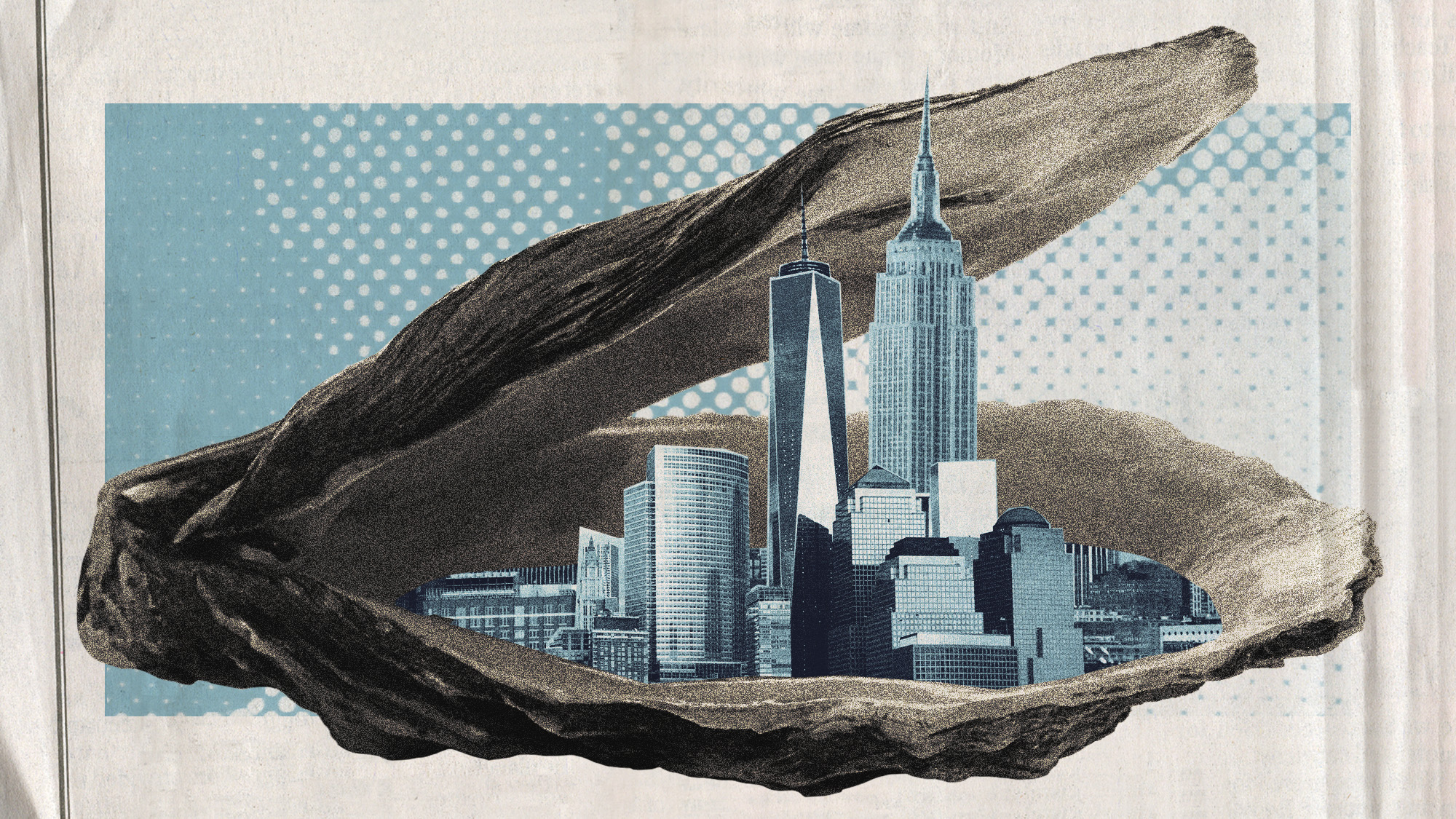 Oysters from New York's past could shore up its future
Oysters from New York's past could shore up its futureUnder the Radar Project aims to seed a billion oysters in the city's waterways to improve water quality, fight coastal erosion and protect against storm surges
-
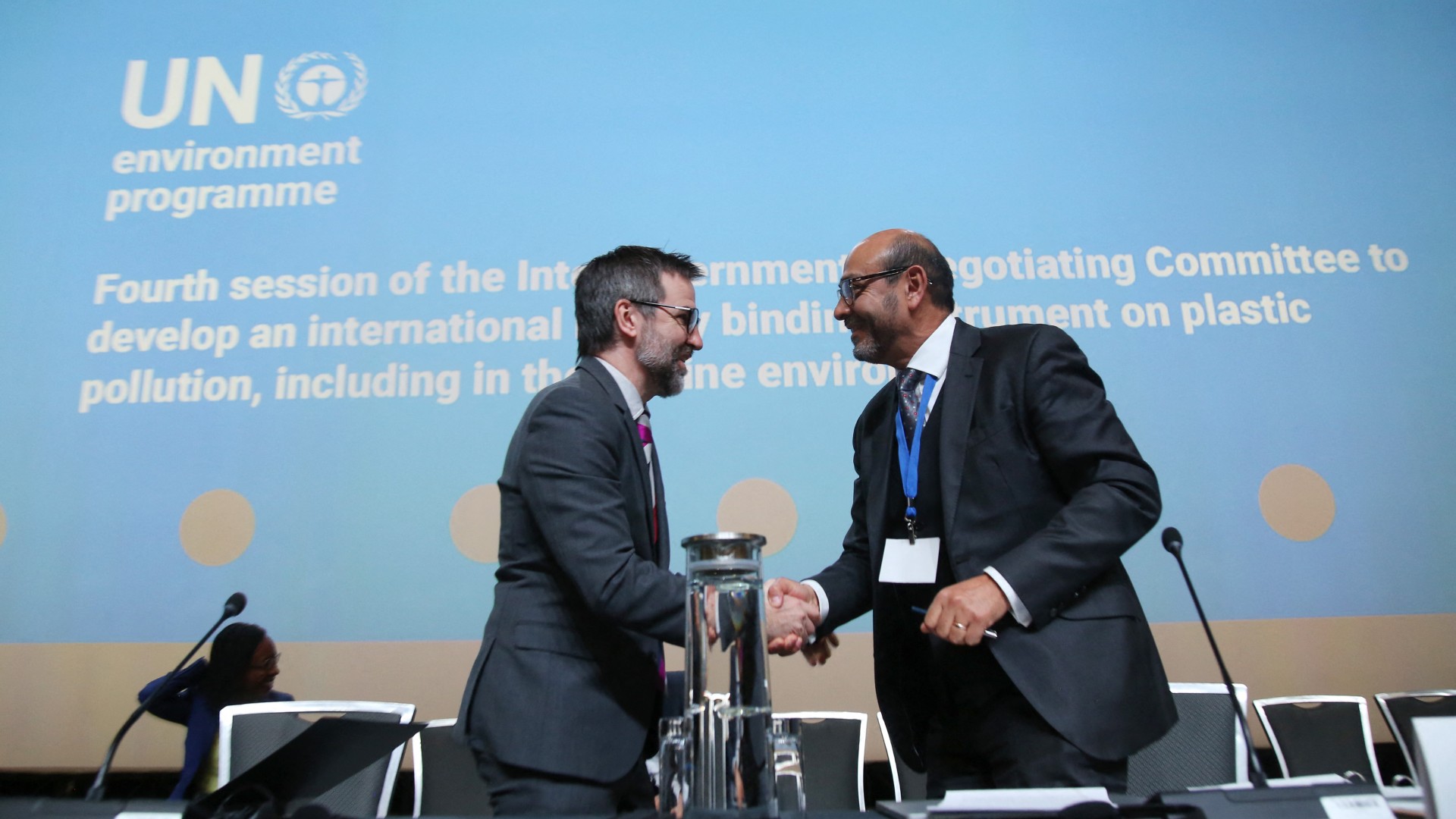 Ottawa climate talks: can global plastic problem be solved?
Ottawa climate talks: can global plastic problem be solved?In the Spotlight Nations aim to draft world's first treaty on plastic pollution, but resistance from oil- and gas-producing countries could limit scope
-
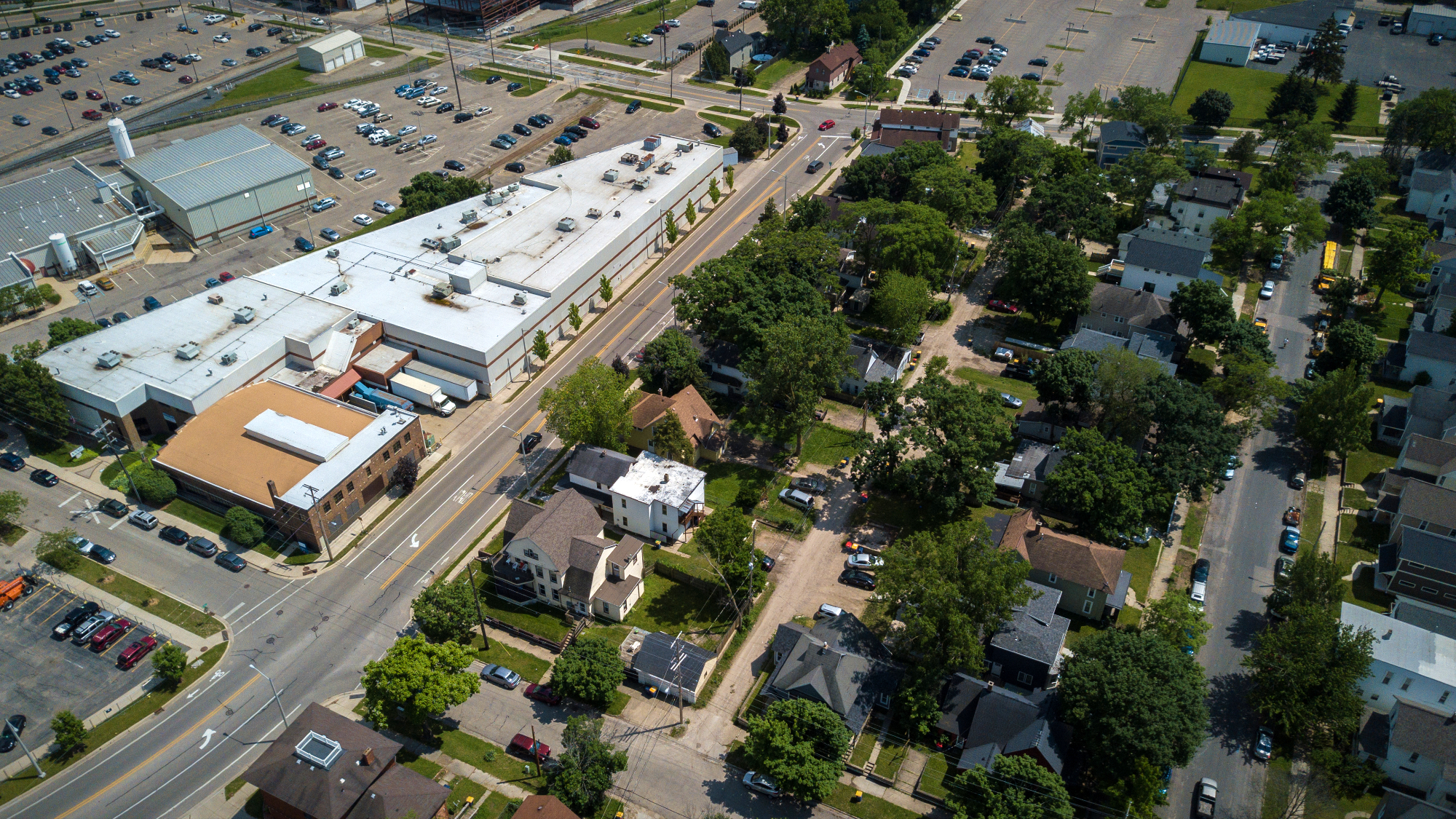 EPA limits carcinogenic emissions at 218 US plants
EPA limits carcinogenic emissions at 218 US plantsSpeed Read The new rule aims to reduce cancer-causing air pollution in areas like Louisiana's 'Cancer Alley'